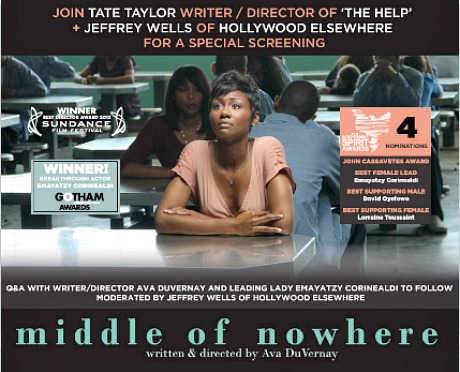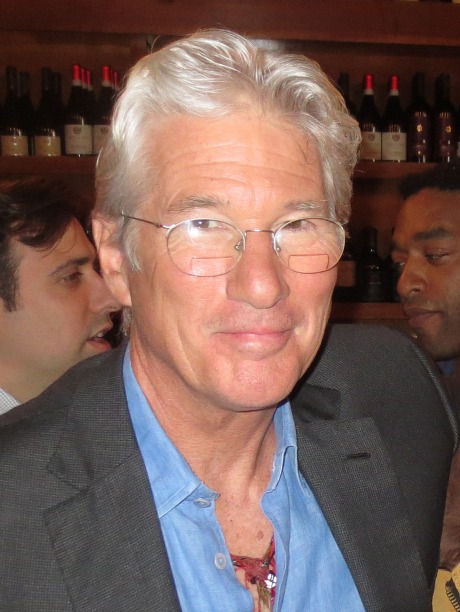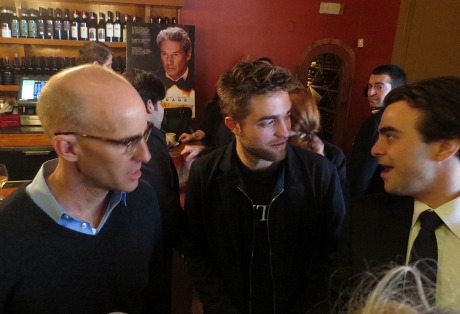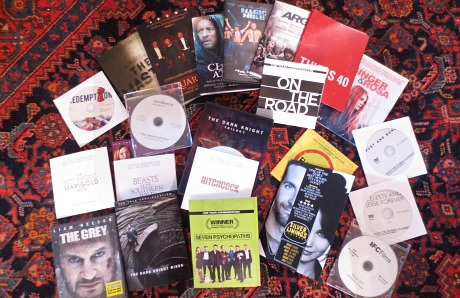I’m not shocked by the crib death of Andrew Dominik and Brad Pitt‘s Killing Them Softly this weekend. It did a lousy $2.4 million Friday and is expected to earn no more than $7.5 million by Sunday night. It’s playing in 2424 situations for a possible average of $3,094 per screen. The Thanksgiving-to-mid-December period is always slow, but what’s up with the F CinemaScore rating? The film has issues, okay, but I figured it would rate a B or a B minus. F isn’t rational. F is crazy. F is people beating up ushers as they leave the theatre.
Is it the hammering of the political metaphor that turned people off so much? Is it the glum, greasy downish vibe with the darkish lighting and everyone smoking cigarettes all the time? Is it because Ben Mendehlson‘s character sweats like a pig in Manila? Is it because everyone in the film drives gas guzzlers and muscle cars? Is it because James Gandolfini shows up, checks into a hotel, does nothing and goes home?
I realize that today’s mass audience is too stupid or not hip enough incapable of appreciating the grubby poetic flavor of the Boston-area crime realm of George V. Higgins, and I realize that if Pitt and Dominik had re-shot The Friends of Eddie Coyle frame-for-frame a la Gus Van Sant‘s Psycho it would die just as quickly as Killing Me Softly has, but why the F? That’s nuts.
I need to hear from Joe Bomowski about this. He knows what the dumbasses want and why they don’t like this or that.




